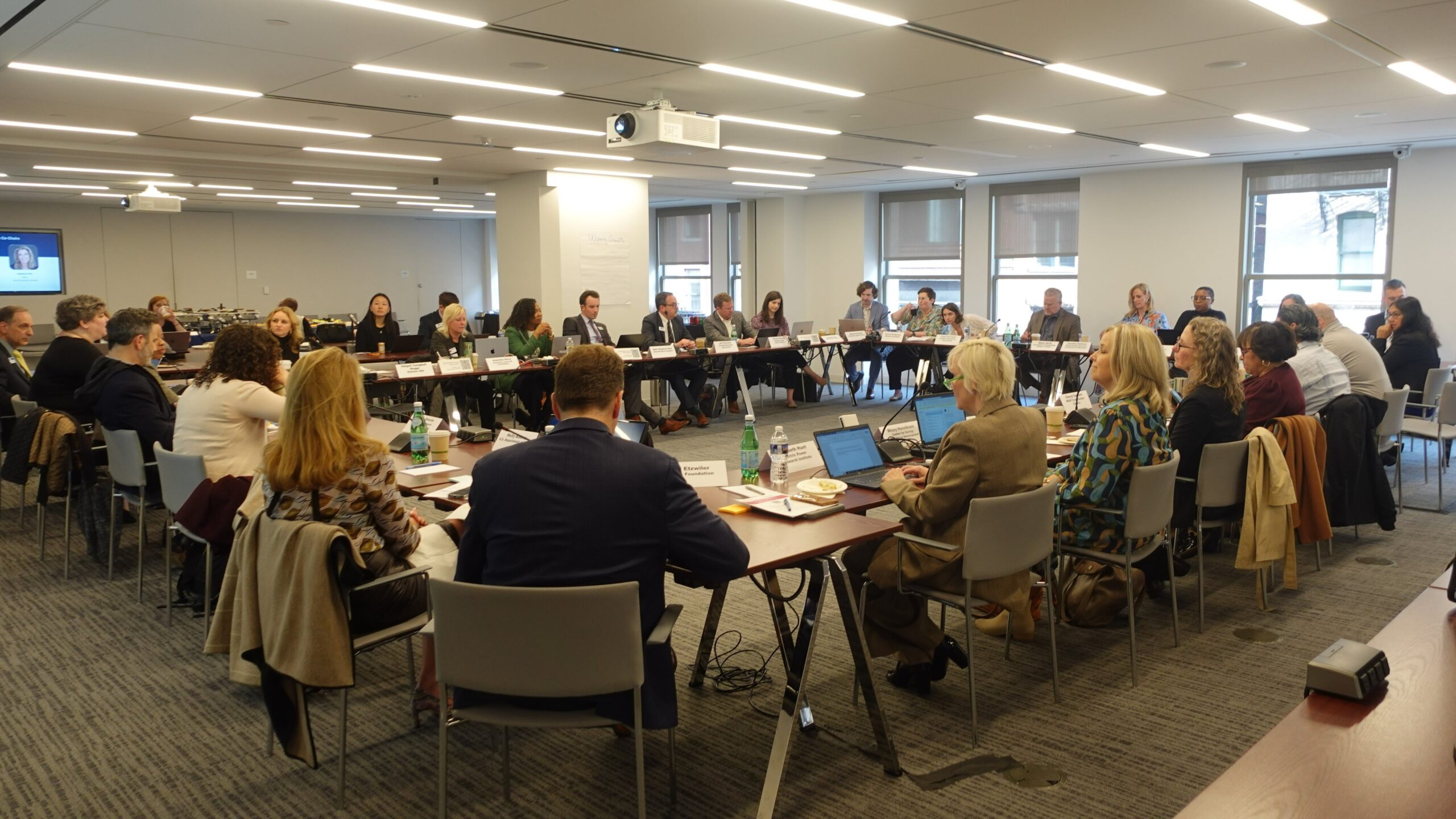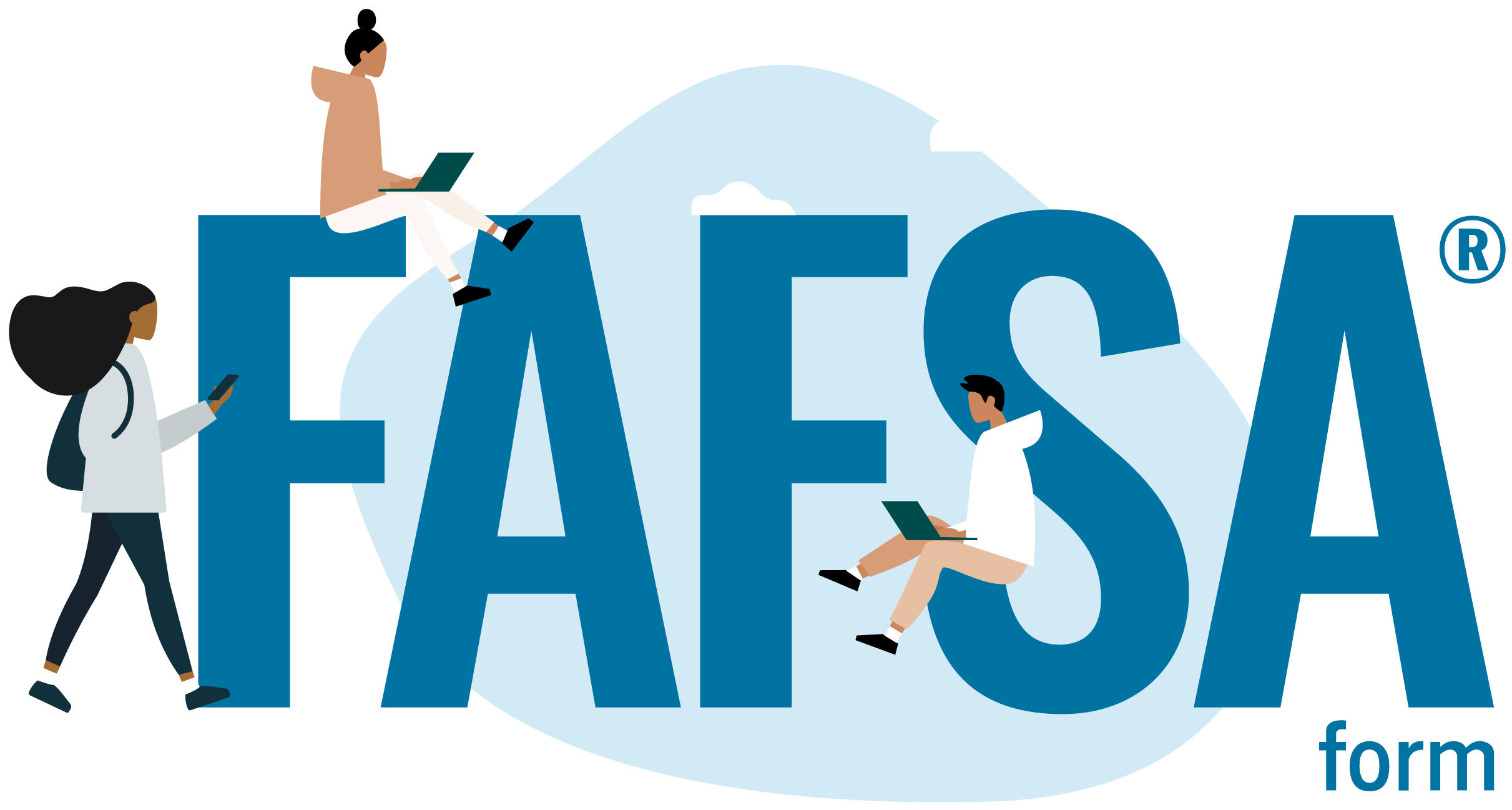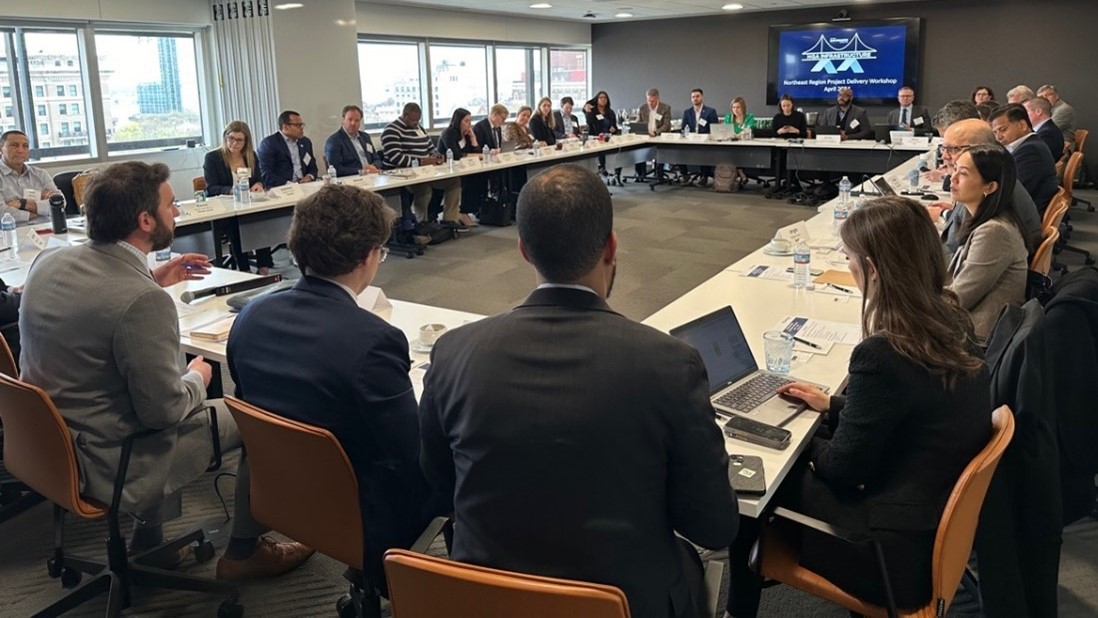On March 27th, 2024, the NGA Children and Families team hosted a call through the Human Services Policy Advisors Institute to discuss Tax Credits to Drive Family Wellbeing. The discussion connected the different ways that Governors are leveraging tax policy to either prioritize maintaining dollars in families’ wallets or reduce costs to families purchasing necessary goods and services.
Speakers:
- Kelly Crane, State Policy Specialist, Prevent Child Abuse America
- Jamie Birch, Director of Policy, Missouri
Key Takeaways for States:
- Tax policy that reduces families’ cost of living expenses can be a critical piece of a state’s prevention programs, and can help alleviate poverty-related burden and stress, and mitigate factors that could lead to child welfare involvement (especially given conflation of poverty and safety issues related to neglect).
- Child care tax credits to businesses and employers can increase family financial stability by boosting affordability of and access to child care, which bolsters families’ ability to stay connected to the workforce and support their own families.
Prevent Child Abuse America Presentation Notes:
- According to Chapin Hall, the earned income tax credits and child tax credits are associated with immediate reductions in state-level child maltreatment reports
- The 2021 COVID-related expanded child tax supplemented the amount that families receive from the federal program, and offered a credit to families that are excluded from the federal program
- Prevent Child Abuse’s research found that the program reduced month-to-month volatility in poverty, increased families’ abilities to meet their basic needs, strongly reduced food insufficiency, and had no discernable negative effects on parental employment
- The number of states that created a state-level permanent child tax credit has doubled since the expanded CTC in 2021, but policies vary by the amount, eligibility requirements, and whether the credit is refundable
Missouri Presentation Notes:
- Governor Parson views the early childhood ecosystem as a broad scope of issues that touch businesses, child care providers, and families directly and indirectly. The Governor’s current priorities for addressing this ecosystem include:
- New tax credit programs, Pre-K 4 expansion, child care subsidy increases, and traditional benefits expansion
- Tax credits that support community employers or child care providers drive family wellbeing because they can help expand the availability and affordability of child care, which can reduce families’ financial stress
- Missouri has three proposed tax credit programs:
- Contribution Tax Credit: For corporations, charitable organizations, individuals, and partnerships for up to 75% of a verified contribution to a licensed or registered childcare facility to promote childcare, including for the acquisition or improvement of facilities, equipment, or services, including the improvement of staff salaries, training, or the quality of childcare
- Employer-provided Tax Credit: For up to 30% of an employer’s eligible childcare expenditures. Could include costs for employer to provide on-site program, to contract with local provider, or for cafeteria plan contributions.
- Child care provider Tax Credit: For childcare providers: eligible payroll tax withholdings for employees that work at least 10 hours a week for at least a 3-month period (provider must have a minimum of three employees); and up to 30% of eligible capital improvements to their childcare facility.












